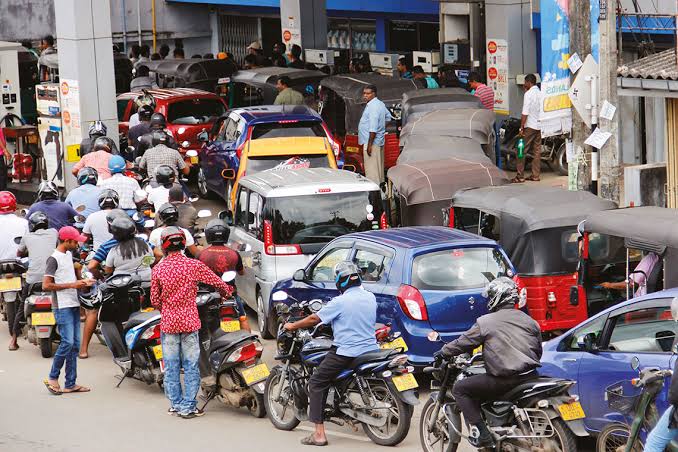- PETROAN seeks government support for logistics costs.
- PETROAN denies price gouging by marketers.
The Petroleum Products Retail Outlets Owners Association of Nigeria (PETROAN) has on Tuesday said that the current petrol scarcity to supply challenges faced by the Nigerian National Petroleum Company (NNPC).
Billy Gillis-Harry, PETROAN president, said this in on Morning Brief, an interview with Channels Television.
He said the situation has led marketers to rely on depot owners to source petrol for their retail outlets, resulting in a slight increase in prices nationwide.
WITHIN NIGERIA recalls that on Monday, queues for petrol resurfaced across filling stations in Lagos and the Federal Capital Territory (FCT).
The NNPC had faulted these fuel scarcity reoccurances on adverse weather condition and flooding of trucking routes.
During the interview, Gillis-Harry said that the NNPC has not changed its price.
He added that the company was upgrading its platform, which should be concluded soon.
“But that did not stop NNPC from making alternative arrangements to ensure we have petroleum products. As far as we know, the challenges are all supply-based,” he said .
“If we do not get the product directly from NNPC, we will get it from depots struggling to do everything to get products out in the market, so the prices will not be the same.
“If there is anybody to be blamed; it should be blamed on the source of the products because retailers only sell what we are given, we do not import or refine.”
However, Gillis-Harry said that the cost of logistics is becoming more complex due to the scarcity and expense of diesel used by trucks
He urged that the government to subsidise the logistics costs for fuel distribution across Nigeria.
The PETROAN president denied allegations that petrol marketers are taking advantage of Nigerians by hiking prices, adding that the highest cost of petrol should not exceed N680.
“I would expect that the highest price in petroleum where the depots operate—Lagos, Delta, Calabar, and Rivers State—should be anything between ₦620 and ₦680 maximum.
“And when you add all the transportation issues that should take it from state to state, you can then look at the incremental additions that can come in and make us not to be selling at ₦1,000.”
Gillis-Harry implored Nigerians to remain calm and understanding, assuring that the ongoing fuel challenges will soon be addressed.
